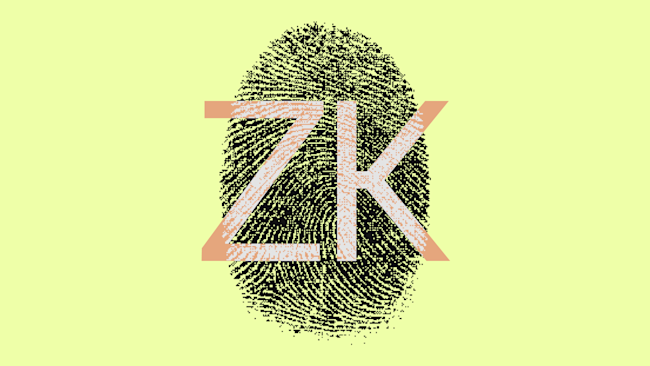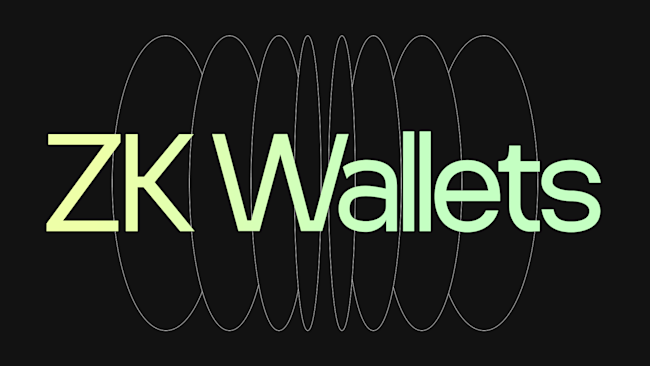The missing piece for stablecoin adoption: Privacy

Stablecoins—digital currencies pegged to assets like the US dollar—remove volatility from blockchain transactions, making on-chain payments more practical for traditional businesses. Yet most large enterprises still hesitate to adopt them.
The main obstacle is privacy. On a public blockchain, every stablecoin transaction is recorded in full view, effectively broadcasting a company’s (or individual’s) entire financial history. While transparency is often hailed as a blockchain advantage, it becomes a liability when dealing with sensitive, confidential payment data.
When transparency becomes a liability
Having fully public transactions creates privacy concerns. For example, if you pay for a coffee with crypto, somebody who knows your wallet address could potentially view your paychecks, all of the stores you’ve shopped at, and which friends or family members are sending you money (as well as their complete transaction histories.)
For businesses, the exposure is even more severe. On-chain payroll would broadcast each employee’s salary, from intern to CEO. A restaurant that pays suppliers on-chain would reveal its vendor list and negotiated prices, inviting rivals to undercut those deals and poach the relationships.
To use stablecoins and benefit from the blockchain, companies need to have just enough privacy to keep their sensitive information secure while also remaining compliant with financial disclosure requirements set by government regulatory bodies for Know Your Customer (KYC), anti-money laundering (AML) and counter terrorism financing regulations.
How privacy unlocks the potential of stablecoins
Zero-knowledge proofs (ZKPs) offer a solution by allowing one party to submit “proofs” that show something is true to others without sharing any more information than is absolutely necessary. This is especially valuable for businesses that want to use blockchain for payments while maintaining privacy and regulatory compliance.
ZKPs can keep sensitive details (such as who a business paid, and how much) confidential, while still disclosing required information, such as confirming that the recipient is not from a sanctioned country.
In fact, an Aleo-based payment app could use smart contracts to enforce compliance: a vendor must first prove they meet KYC and AML requirements from the U.S., EU, or other jurisdictions before receiving payment. This ensures transactions remain both private and compliant by design.
Stablecoins for cross-border payments — and more
Private stablecoins can address many critical blockchain use cases that are still under-utilized because of the blockchain’s privacy concerns, including:
Cross border payments
Unlike most cryptocurrencies that change in value all the time, stablecoins stay steady, which makes them safer to use when making cross-border payments. Stablecoins can move the same money in minutes at a much lower cost, while also eliminating the need for intermediaries.
E-commerce
E-commerce merchants often offer different contracts to different organizations, potentially with special pricing. Keeping these transactions and contracts private is beneficial to help keep these arrangements private between the parties involved.
Donations
The organizations an individual donates to — from religious to cultural organizations — can be sensitive information. With private stablecoins, users can keep transaction information confidential, including amounts, receiving organization, and date of donation.
Payroll & contractor payouts
Companies can disburse salaries or gig-economy rewards on-chain without exposing individual compensation figures. This allows freelancers and contractors to receive verifiable, instant payments while maintaining confidentiality of their earnings.
Supply chain & B2B financing
Manufacturers can pay suppliers or distributors privately, preserving negotiated discounts and volume rebates. This confidentiality is critical in competitive industries where pricing arrangements and supply chain relationships represent strategic advantages.
Embedded finance
On-chain factoring or supply-chain financing can be executed confidentially, reducing counterparty risk without leaking terms. Private stablecoins enable financial services to be embedded directly into business processes and applications without exposing sensitive financial data.
Regulated remittances
Migrant workers send money home using private stablecoins to protect both sender and recipient identities and amounts, while still satisfying AML/KYC via permissioned rails.
Unlocking the next wave of blockchain adoption with Aleo
Stablecoins offer a powerful gateway for bringing large enterprises onto the blockchain, and with the added privacy protections enabled by zero-knowledge proofs (ZKPs), businesses can now adopt this technology with greater confidence and control over sensitive data.


